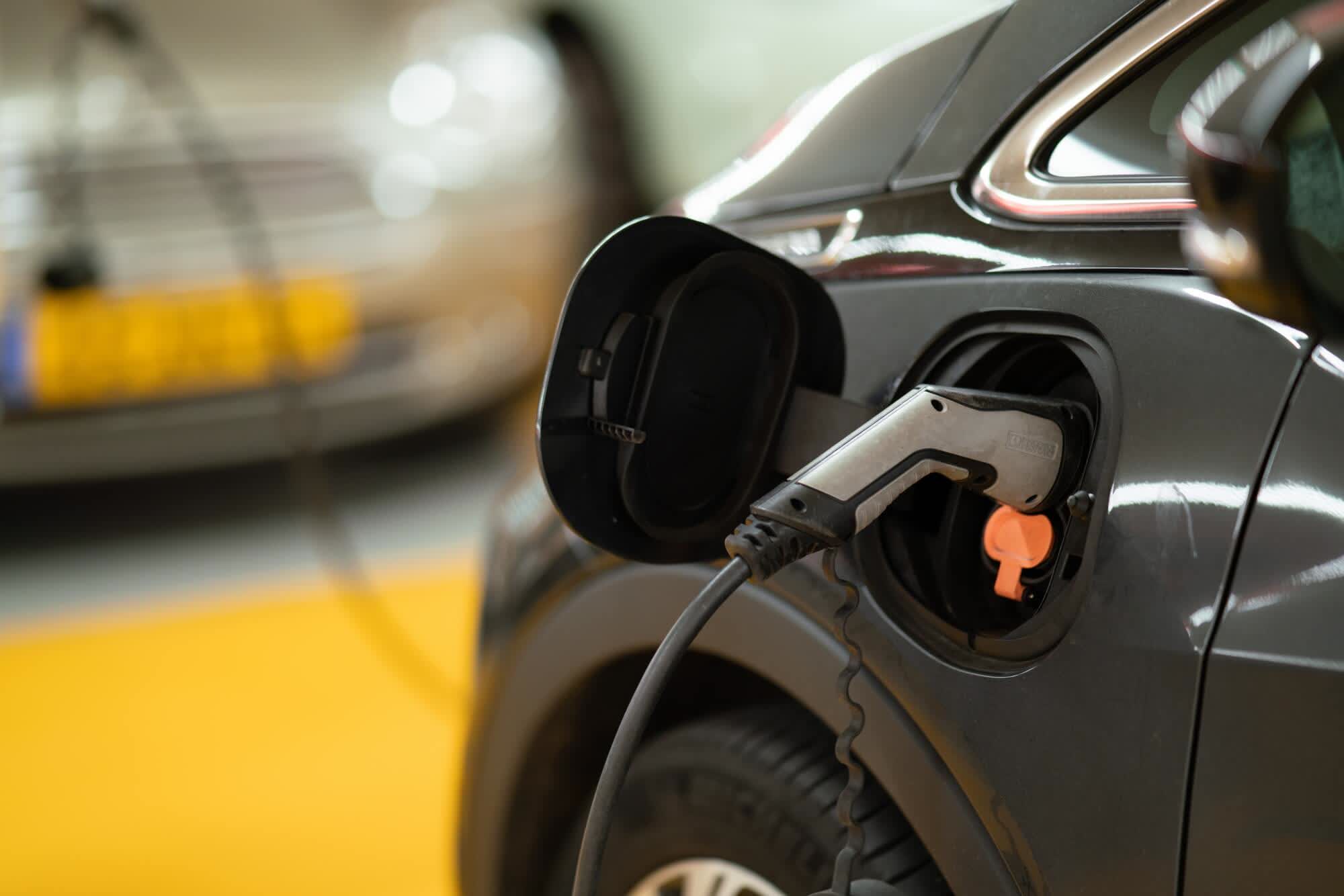Lets do a simple math here: 745miles range, charge 10 minutes.
Efficiency of the best on the market is Tesla 3 @ 5 miles per kW, that might be improved, but not a lot in the immediate future. Before you mention Merc EQXX, it is just a showcase and won't be on sale for quite while, technology will trickle to the mass production eventually, but will be even more expensive and complex to produce such vehicles.
So at 5 miles per kW, you need 149kW of battery energy, charging that with Tesla 120kW charger will take hour and a quarter, approx. including losses at 5% max. Tesla supercharger at 250kW will do at 45 minutes. Charging that much energy in 10 minutes will need a charger of almost 1MW...more power, Igor...
If we are to double the efficiency, and that will be quite hard to do, but let say we can do 10 miles per kW, we would need battery half the size, and charging that in 10 minutes would require a 500kW charger, still more than the biggest chargers currently available. Our infrastructure cannot handle it at present and would need huge investment for the upgrade.
As for the ecological point, all power stations (be them fossil fuels, nuclear or renewables*) have to cut down production during low demand, like nights, what that means is they still run and "pollute", just electricity generation is turned off, so charging electric vehicles overnight now makes sense as utilisation of power stations will significantly increase.
*pollution of "renewable" energy generation will be left for another topic, it's not that "green" either
Counterpoint: when traveling long distance, charging to 100% is pointless. 80% is much easier to achieve and can be done quickly.
The tesla model 3 is using an older 400v battery arch, not bad, but it does limit fast charging due to heat buildup. The newer EVs are now shipping with 800v packs, like the kia EV6, which can go from 10-80% in 18 minutes, or 217 miles. That's with a max of 230kW charging, compared to the model 3's 250kW. Larger batteries will be able to handle the full 350kW of current high power chargers. At that level we could easily be seeing 320 miles in 18 minutes, which is 4 hours of driving at 80 on the interstate.
High voltage batteries are rapidly changing how well charging works, and the industry is now looking into 1000-1200v batteries that can charge even faster.
Toyota has been researching hydrogen combustion engines as well. They also currently offer Hydrogen electric engines as well. They also have a lot of gas/electric hybrid options. Which I think is best for our current state.
They know that pure EV is not the future and they cannot be fixated on that as such. My guess is, like all the arguments turn to, infrastructure is a big road block for EV’s
They made the Prius 25yrs ago. They dont have a massive lineup of pure EV vehicles for a reason. They know its not the future…
Hydrogen's future will likely be in heavy duty equipment, like tractor trailers, where the weight and size of batteries becomes a major roadblock to implementation. For cars and light trucks, its highly unlikely, as the benefits dont really outweigh what EVs can do today. The Mirai really shows that off.
You don't want to compare top line EVs to mid-range smokers, do you? Because there are 6 or 7 EVs already under $35k. Not to mention EVs are 90% maintenance free and an eMPG of over 100. Also remember battery life has improved markedly over the last 10 years and there are good cars available used.
Oh, no I agree, producing them is pretty much the same as any smoke pump. Well, except the EV won't start producing emissions the second the throttle is hit until.... ever.
Agree, but there are already people that will just buy a new battery. We know the EV motors should reach 800-900k miles, so just a new battery is a huge part of a drive line rebuild.
And please keep in mind that blanket, because I was just stating each side as a whole.
As a whole, the libs care about damaging the environment every bit as much as the cons don't give a damn.
1. This is pure whataboutism. Compare an EV to a COMAPRABLE gas vehicle, and they are indeed significantly more expensive. The EV6 is one of the more affordable ones, starting at 55k for the 310 mile battery, but the body and interior are essentially a santa fe, which starts at $35k for a gasser with the same interior. Those 35k EVs you mentioned are either cars with playskool tier interiors that belong in the chevy sonic (the bolt) or have poor interiors and bad build quality (model 3) OR, they have far shorter ranges that wont help you unless you live in a total urban environment (leaf) which isnt comparable to any current gas car.
2. EV emissions are in the factory, and are significantly higher there then gas cars. Adn they DO produce emissions, when charged via coal or natural gas, which is most grids because nuclear bad and last time I checked the sun dont shine at night.
3. Oh yeah, just shell out for a new $25k battery, no big dealio. Remember, over 50% of CO2 taken to build an EV comes from that battery pack, so make sure you calculate that into your CO2 output vs "smoke pumps"

4. Libs care about CO2, not environmental damage. You point out the destruction to jungles and waterways from nickel and cobalt mining, and they simply shrug and call you a chud. The toxic sludge from the solar manufacturing process? Just throw it into the yangtze, who cares? THINK OF THE CO2!!!!! Disposable tech that cant be maintained and create immense amounts of toxic waste? MUH WIND TURBEEENES!!!!!!


